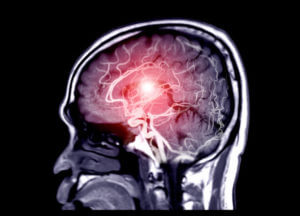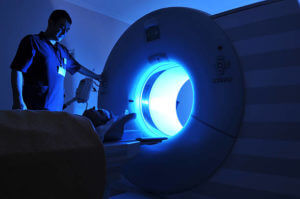Cerebral palsy is caused by damage to the brain before birth that affects movement, coordination, and muscle tone. Patients diagnosed with this condition are young, experience difficulty with mobility, and often need lifelong support. It is one of the leading causes of childhood disability in the United States. With the right treatment, however, patients with
Read MoreExploring the Benefits of Parkinson’s Disease Treatment
Parkinson’s disease is a progressive neurological disease that slowly strips away an individual’s motor abilities, which refer to the coordinated movements and actions of the body’s muscles and joints. Walking and running, writing, buttoning and unbuttoning clothes, and manipulating small objects can all be affected by Parkinson’s disease, for which there is no cure currently.
Read MoreTips for Locating Quality Cerebral Palsy Treatment Near You
Are you or someone you care about living with cerebral palsy (CP)? Finding quality treatment options for CP can be difficult, but it is essential for optimizing health outcomes. This article provides tips to help individuals locate and choose the best cerebral palsy treatments in their area. From understanding insurance policies to consulting board-certified medical
Read MoreAn Introduction to Cerebral Palsy Treatment
Living with cerebral palsy can be challenging, but following an effective treatment plan is key to ensuring you have the best quality of life possible. cerebral palsy affects nearly 800,000 people in the United States alone, and its symptoms vary by individual and severity. Learning about treatments for cerebral palsy is the first step in
Read MoreSymptoms, Causes, and Treatments of Parkinson’s Disease
Parkinson’s disease is a progressive neurological disorder that affects the brain and other parts of the body. Individuals with Parkinson’s disease experience physical, mental, and emotional changes, which make comprehensive support from family, friends, and caregivers critical to living a normal life with the condition. In this article, we will discuss Parkinson’s disease symptoms, causes,
Read MoreDetermining Seizure Disorder Treatment Options
Seizure disorders can be a frightening experience for both the individual and their family. It is important to find an effective treatment plan that works for the individual, as each person’s needs are different. While there is no single “cure” for a seizure disorder, there are many treatment options available to help manage symptoms and
Read MoreBenefits of MRI Imaging
Magnetic resonance imaging (MRI) is a type of medical imaging technique that uses strong magnetic fields and radio waves to produce anatomical images. An MRI scan can be used to examine almost any part of your body, including your brain, spine, joints, heart, and blood vessels. MRI is of particular use in brain imaging. It
Read MoreWhat is Cerebral Palsy and How Do I Treat It?
Cerebral palsy is a neurological condition that affects an individual’s balance, movement, and posture. It is caused by damage to the brain during pregnancy, childbirth, or early infancy. Cerebral palsy is a lifelong condition, for which the affected individual needs support throughout life. With proper treatment, children with cerebral palsy can manage their symptoms, increase
Read MoreSigns of MS You Shouldn’t Ignore
Multiple sclerosis (MS) is a chronic, often disabling disease that impacts the central nervous system (CNS), which consists of the brain, spinal cord, and optic nerves. Symptoms may be mild or severe and periodic or continuous. The cause of multiple sclerosis is largely unknown, however, it’s thought to involve damage to myelin, which is the
Read MorePsychologist-Approved Strategies for Improving Memory
Some people might say that memory is important for personal reasons – such as being able to remember special moments with loved ones or recalling happy memories from childhood. Others might say that memory is important for work or school, so we can retain information and be productive citizens. The truth is, memory is important
Read More










